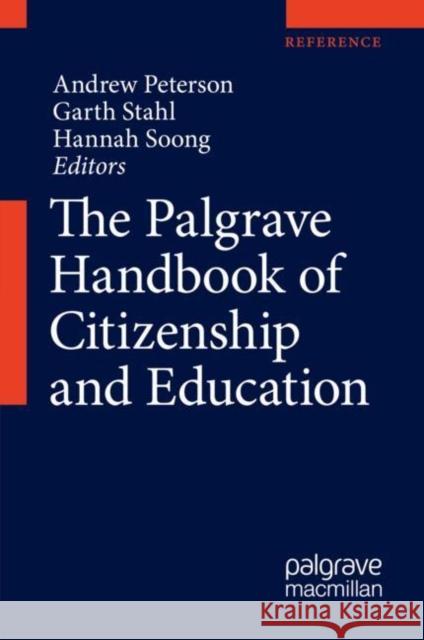The Palgrave Handbook of Citizenship and Education » książka
topmenu
The Palgrave Handbook of Citizenship and Education
ISBN-13: 9783319678276 / Angielski / Twarda / 2020 / 1076 str.
Kategorie:
Kategorie BISAC:
Wydawca:
Palgrave MacMillan
Język:
Angielski
ISBN-13:
9783319678276
Rok wydania:
2020
Wydanie:
2020
Ilość stron:
1076
Waga:
2.25 kg
Wymiary:
23.62 x 19.56 x 5.59
Oprawa:
Twarda
Wolumenów:
01











